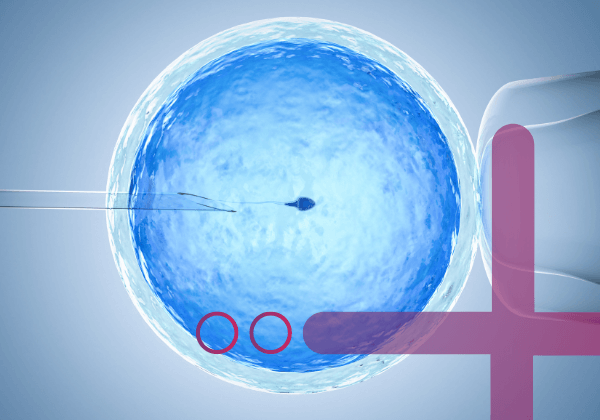ERA (Endometrial Receptivity Analysis)
EndomeTRIO is a series of tests including ERA , ALICE and EMMA.
ERA is an innovative test that helps pinpoint the exact time when your endometrium is receptive to embryo implanting. This test can help improve chances of pregnancy for those with repeated failed IVF.
ERA involves taking a small sample (biopsy) of endometrial cells at a particular time in your cycle. Cells in the endometrium produce certain types of genetic material during the window of implantation (WOI). An ERA can identify which endometrial cells are “Receptive” or “Nonreceptive” and whether your WOI is open or not.
With repeated tests your doctor can determine your precise WOI. We can then time your embryo transfer to the most optimal time to maximize chance of achieving pregnancy. An endometrium is receptive when it is ready for the embryo implantation. This occurs around days 19-21 in each menstrual cycle of a fertile woman. This period of receptivity is what we call the window of implantation.

In cases where receptivity is high, we can be more confident in proceeding with transferring the embryo. In cases where we assess receptivity to be low, the best decision may be to cryopreserve the embryo for transfer in a future cycle. The lack of synchronisation between the embryo ready to be implanted and endometrial receptivity is one of the causes of recurring implantation failure. This is why it is imperative to assess the endometrium in order to determine the optimal day for embryo transfer.
The ERA test requires an endometrial biopsy that should be carried out on day LH+7 (natural cycle) or day P+5 (HRT cycle). This biopsy is quickly and easily taken by a gynaecologist in their consultation room.
After being sent away, the sequencing expression of 236 genes involved in the endometrial receptivity is analysed. An in-house designed computational predictor analyses the data obtained, classifying the endometrium as Receptive or Non-Receptive.
This test has been performed on patients who have had recurring implantation failure with embryos of good morphological quality. This test is recommended for patients with seemingly normal uterus and normal endometrial thickness (≥6 mm), in which no problems are detected.A displaced window of implantation is detected in approximately 25% of these patients.This analysis helps determine the personalised window of implantation, enabling personalized embryo transfer (pET) to be performed on the basis of these results.
ALICE: Analysis of Infectious Chronic Endometriosis
EMMA: Endometrial Microbiome Metagenomic Analysis
Endometrial Biopsy Treatment in Chennai
A small sample of the lining of the uterus is removed a day or two before menses is expected. The specimen is obtained by passing a plastic tube through the cervix into the uterine cavity. Suction is applied and the tube is removed. The resulting small piece of tissue is then examined microscopically in the pathology lab. The procedure may cause cramping. This procedure is used to diagnose abnormal cellular changes of the uterine lining which may be associated with abnormal bleeding. It was previously used to look at the development or maturation of the lining in patients with infertility or recurrent pregnancy loss but has mostly been replaced with a carefully timed serum progesterone.

